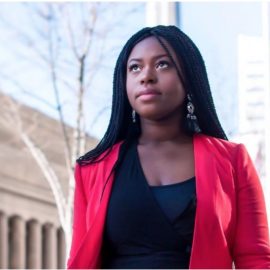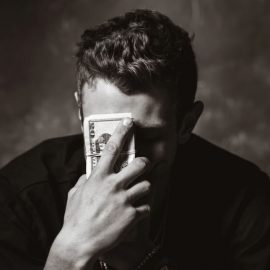
Does it take 10,000 hours to become an expert? What does research say about how much practice you need?
The idea that you need 10,000 hours to become an expert is backed by the research of psychologist Anders Ericsson and is famously cited in Malcolm Gladwell’s book Outliers. While there’s some debate around this exact figure, most agree that a lot of practice makes the difference between experts and non-experts.
Read on for a look at all sides of the 10,000-hour debate.
The 10,000-Hour Debate
While most people agree that achieving excellence requires a large time commitment, its specific length is debated. In Outliers, Malcolm Gladwell coined the phrase “10,000-Hour Rule,” referring to psychologist Anders Ericsson’s research. The idea behind the 10,000-hour rule is that it takes 10,000 hours to become an expert in any field.
However, in Peak, Ericsson says that Gladwell misrepresented his research. Ten thousand hours is an extrapolation from the average amount practiced by violinists, specifically, and it can’t be applied to other fields equally. Also, Gladwell doesn’t mention deliberate practice, leading many people to believe that 10,000 hours of any kind of practice leads to excellence.
But while Gladwell may have arrived at this 10,000-hour average inaccurately, he may not be entirely wrong. Ten thousand hours averages out to 20 hours a week for 10 years. This closely mirrors Geoff Colvin’s average of 10 years given in Talent Is Overrated, which was based on numerous excellent performers in a range of fields and did take the nature of deliberate practice into account. The average of 20 hours a week also fits with the strenuous nature of deliberate practice—if you practice five days a week, four hours of practice a day averages to 20 hours a week.
Ultimately, research can’t definitively state how many hours of deliberate practice it takes to achieve excellence. Ericsson says that many of the violinists had achieved excellence while practicing significantly fewer than 10,000 hours. On the other hand, Mozart practiced for almost 20 years—twice the average—before he was recognized as an excellent performer.






